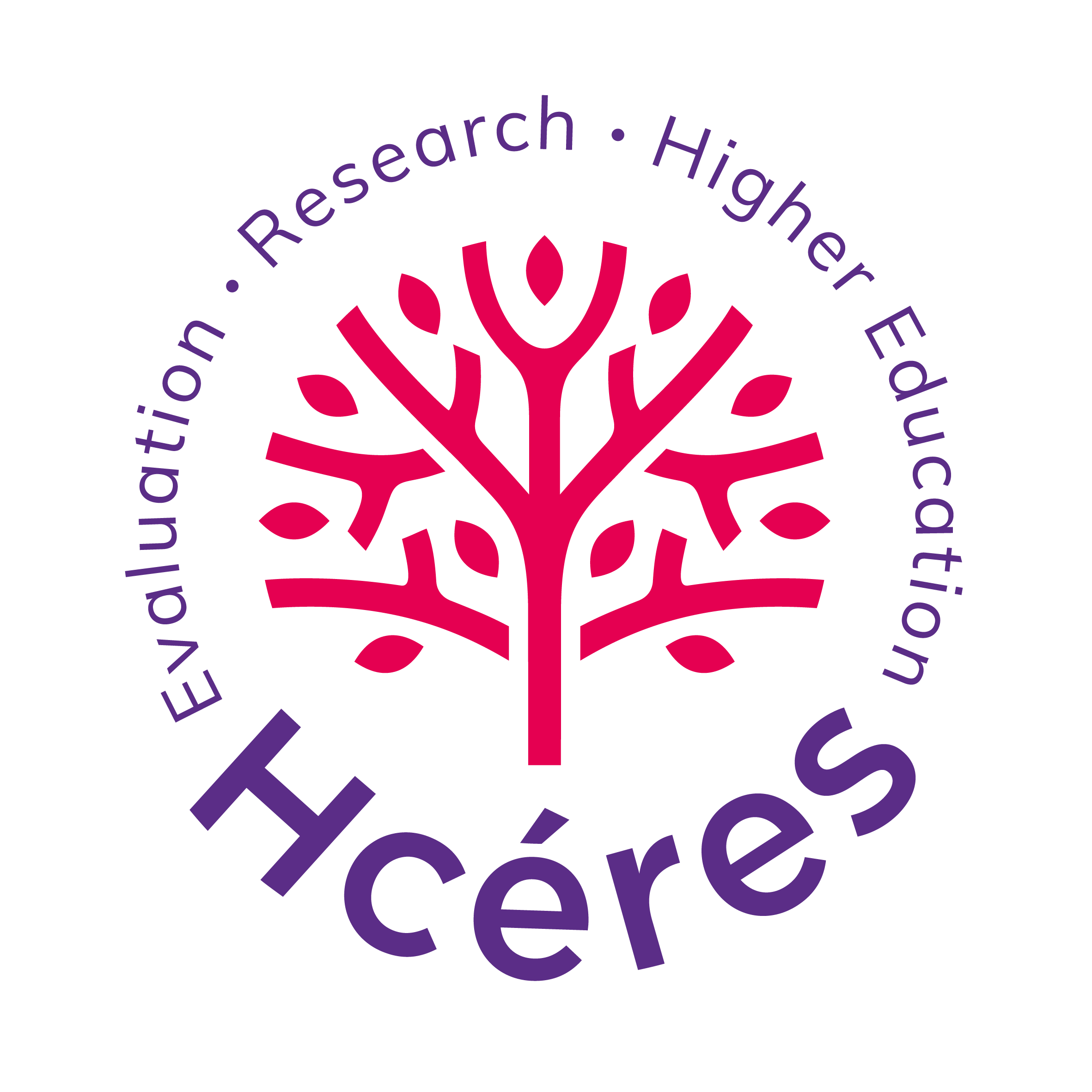Striving for excellence
The Hcéres evaluation model is designed to further progress in the quality of higher education training programmes and research in France.
This model implies:
- a shared approach to evaluation between the High Council and the relevant institutions,
- recognition of the diversity of institutions, study programmes and research units,
- adaptation of criteria to take account of this diversity
The satisfaction of the evaluated entities is measured with the target of achieving full satisfaction.
Strengthening the culture of ethics and integrity among the experts and staff of the High Council is central to this area of progress. The transparency and quality of the recruitment process for experts, their training and the renewal of the pool of experts are key to the credibility and success of an evaluation.
The impartiality of Hcéres evaluations is recognised today. However, the concept of independence must not prevent dialogue with evaluation stakeholders. It is important to establish a framework and methods to meet the needs for consultation about the development of methodological tools.
Hcéres must also work in accord with other evaluation organisations or bodies: French Universities Board (CNU), French National Committee for Scientific Research (CoNRS), the Commission for Engineering Qualifications (CTI), the Commission for Qualifications issued by Business Schools (CEFDG), the National Advisory Committee of University Technology Institutes (CCNIUT) and the institutions’ evaluation committees and academic boards (or equivalent). Avoiding the duplication of certain missions by other inspection or evaluation bodies is also a major preoccupation.
The diversity of site configurations, operating modes and fields of activity requires evaluation to be adapted to each of them, always keeping in mind that they all develop differently. The goal is therefore to prepare for and strengthen dialogue with the coordinating institutions and stakeholder institutions.
In each process, the evaluation will have to assess how the cluster strategy is taken into account for each of the institutions.
By law, Hcéres has been entrusted with the task of validating the procedures for evaluations carried out by other bodies. The standards and procedures that are validated must ensure equal treatment between those entities evaluated by Hcéres and those evaluated by other bodies. More particularly, they must take account of the professional ethics and methodological principles that govern the conduct of the evaluation missions of Hcéres.
Increased autonomy for institutions and variable levels of site coordination have led to greater differences between the modernisation, governance and management processes of institutions. Today it is essential to simplify evaluation procedures, to include clusters and to take account of changes in the relationship between the State and higher education institutions.
In a context of increasingly globalised study programmes, Hcéres aims to raise its profile on the European and international stage by developing actions, discussions and collaboration with other French and foreign agencies and stakeholders in higher education, quality assurance and evaluation.
At the same time, it is intent on developing its evaluation and accreditation work at the European and international levels.
The incorporation of the OST as one of the departments of Hcéres contributes to the influence, visibility and security of our activities. Its indicators are available at country, region, discipline or research theme level and serve to highlight changes from different viewpoints. More particularly, they offer a better understanding of the landscape and dynamics of French research and of its international standing.
A new Hcéres internal organisational is being introduced to take up the challenge of integrated evaluation for sites and to increase the visibility and understanding of Hcéres for our external partners. It takes the form of a matrix organisation combining departments and project-based approaches. The challenge is to coordinate the evaluation of site policies, harmonise evaluation standards and implement a continuous improvement policy for processes and multi-annual plans for recruiting and supporting experts. To this end, the IT system and internal quality assurance will also be enhanced.
The aim of creating the OFIS as one of the departments of Hcéres is to contribute to defining a national scientific integrity policy, to foster harmonisation and sharing of practices and to promote a shared culture of scientific integrity and the values that go with it.
-
To consult


